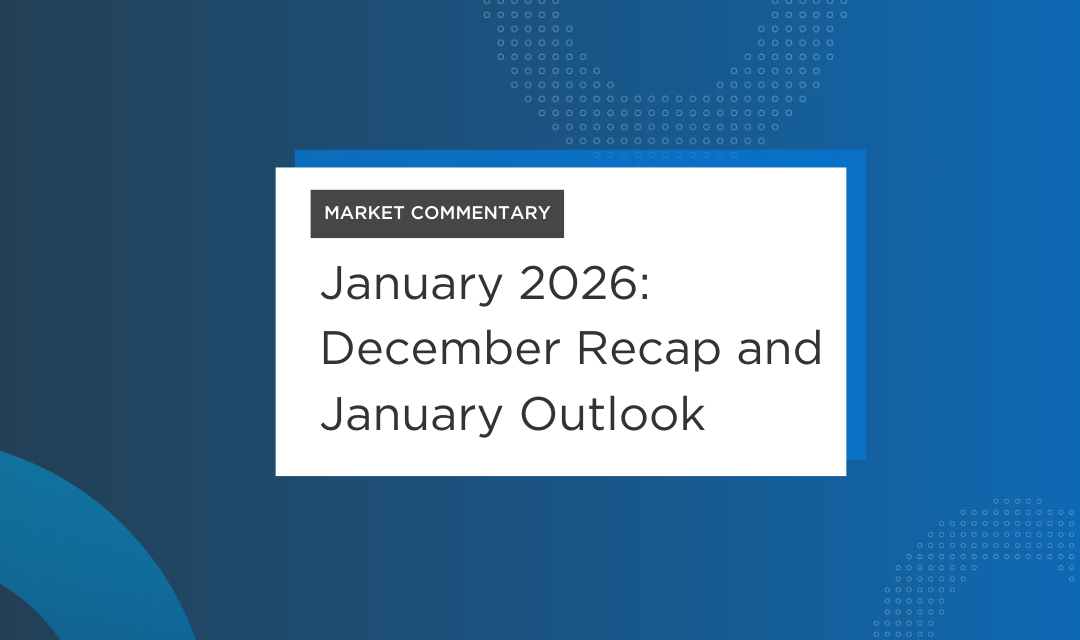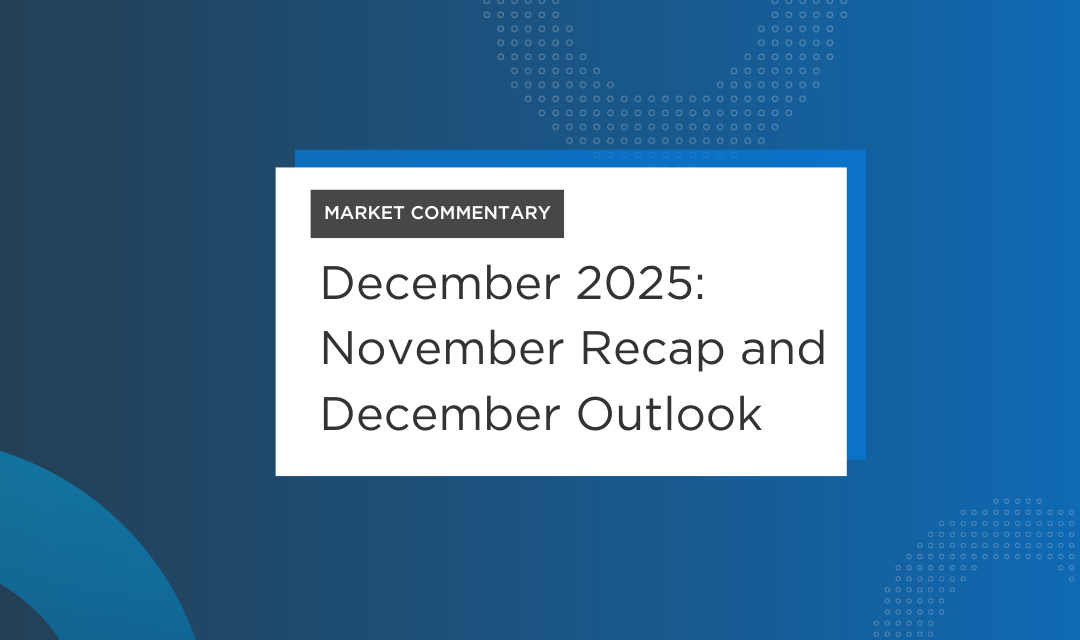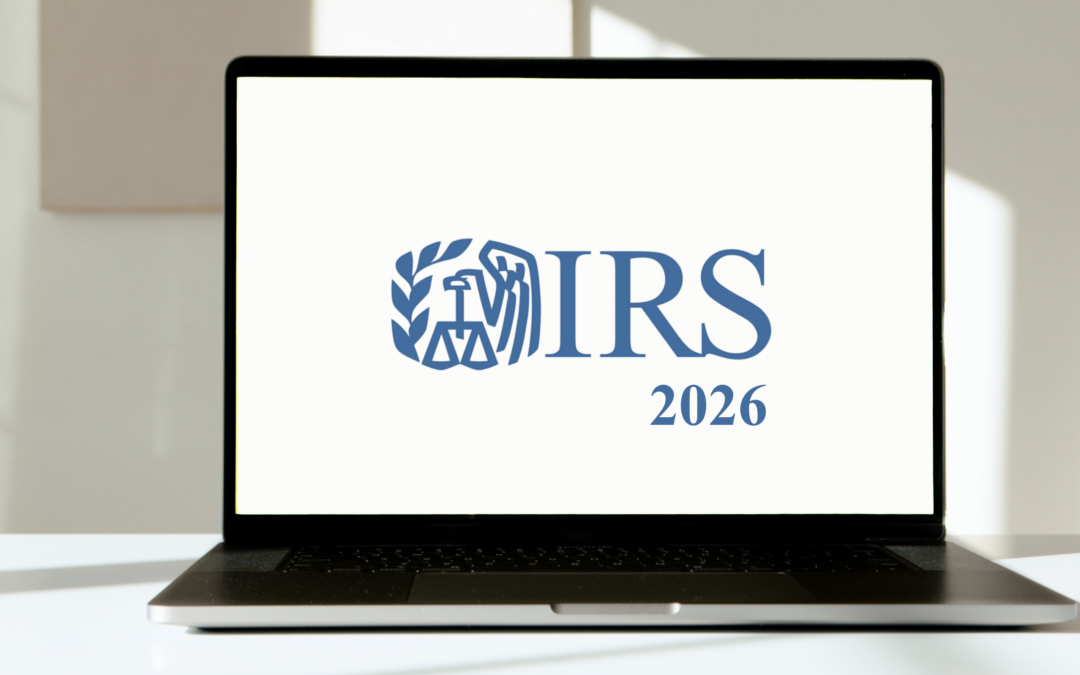You’ve been working for years, maybe decades, and there hasn’t been all that much time for travel. Retirement will bring a new level of time freedom and leisure, and you may be eager to explore the world in a way you have not yet been able to do. Don’t leave the ability to travel to chance, only consider the finances of travel when you’re planning your trips after you’ve retired. A little advance planning could mean the difference between going on those once in a lifetime trips you’ve always wanted to take …or not.
Benefits of Travel in Retirement
There are so many upsides to traveling, especially in retirement when you have so much more time to spend exploring your destinations. Some of the greatest benefits of travel include:
- Personal Growth and Renewed Perspective: Travel at a slower pace, without having to be back to work first thing Monday morning, provides a chance for you to immerse yourself in different cultures and lifestyles. These experiences promote personal growth and can often give you a renewed perspective on life.
- Physical and Mental Well-being: Exploring new destinations can be mentally stimulating as you navigate new places and meet new people. Adventures away from home can also be physically engaging or even challenging if you’re walking or hiking more than you’re used to.
You may even choose something that boosts your adrenaline a bit more, like whitewater rafting or zip lining at an outdoor adventure resort. Whatever you choose, you’re sure to have many new experiences that bring excitement and discovery and improve your overall physical and mental well-being.
Traveling during retirement is bound to be incredible, with so many awe-inspiring discoveries, from majestic landscapes to the beauty and wonder of other cultures. To set yourself up for many worry-free adventures, you’ll need to do some planning and budgeting.
Don’t get caught short and have to give up a trip you’ve always dreamed of taking. Instead, use the following strategies and tips to make sure your post-retirement journeys will be financially feasible and as wonderful as you’ve always imagined.
Financial Planning for Travel in Retirement
Start Early and Set Goals
You’ll set yourself up to truly enjoy your travel adventures during retirement if you begin planning and saving specifically for travel well in advance of your retirement date. Be sure to make savings and/or investment goals based on the specific trips, or types of trips, you’re looking forward to taking. These may be cruises, outdoor adventures in wild country, international exploration, or road trips closer to home. No matter what you have in mind, start earmarking funds for your trips. The sooner the better!
Budgeting is Key
When creating a budget for your travel during retirement, there are some critical aspects to keep in mind.
Essential Expenses: Healthcare, housing, and food should be factored in and covered before budgeting for discretionary spending like travel.
Travel Costs: Once essential expenses can be easily covered, then it’s time to look at travel costs. Factor in transportation, accommodation, and sightseeing or specific adventures, and budget in a cushion for unforeseen expenses—plan for the unplanned and you’ll never be caught in a pinch. Your best bet may be to have a completely separate travel fund so you are not tempted to dip into resources you will need later for essentials.
Get Specific—Create an Annual Travel Budget
Have some fun well before you retire by taking some virtual trips. Explore and learn about the places you’d love to visit. Once you start looking around, you may even find some places you’ve never considered before but will become a high priority once you learn more about them.
Based on your travel aspirations, draft an annual travel plan, complete with an approximate schedule and budget. Remember to factor in inflation, especially if your retirement is still a few years away. Along with all the regular expenses, big and small, and ranging from airfare to meals, don’t forget to budget for the unexpected and the occasional splurge on an unplanned opportunity or treat.
Look for Avenues That Lead to Your Intended Financial Destination
There are several financial products designed to aid retirees. One example involves fixed index annuities, which can offer a steady income stream and allow you to budget efficiently for travel.
Fixed income annuities can be instrumental in producing income earmarked for travel during retirement in the following ways.
Providing a Guaranteed Income Stream: Fixed income annuities offer a guaranteed rate of interest, ensuring that you receive a consistent and predictable amount of money at regular intervals.
Allowing Budgeting for Travel: With regular income from annuities, you can allocate a portion of your annuity payments towards travel expenses. You can then plan trips without worrying about fluctuating income.
Allowing Tax-Deferred Savings: The savings in fixed annuities grow tax-deferred until withdrawal, which lets your money compound faster. Once you start receiving the income, the extra earnings can be used for travel.
Combining with Other Income Sources: Annuities can complement other sources of guaranteed income, like Social Security, and provide a more robust financial foundation for your retirement adventures.
Providing Protection from Market Volatility: Unlike other types of investments, fixed income annuities are not directly tied to stock market fluctuations. This allows you to be sure that you have a stable source of income, even in tough economic times, ensuring no interruption of your travel plans.
Providing Flexibility in Payment Options: You can choose to receive annuity payments monthly, quarterly, or annually in retirement, which gives you the flexibility you need to keep your income aligned with your travel plans.
In essence, fixed income annuities provide you with a financial safety net in retirement, so you will be sure you’ll have the means to travel and explore, as planned, without financial constraints.
Consult a Financial Advisor
Getting advice from a financial advisor is one of the best ways to get new insight into ways of maximizing your income that can be used for travel. A knowledgeable advisor can highlight the best investment avenues on your personalized financial roadmap. Taking those routes will help fund your retirement travel and ensure that you have a comfortable financial cushion when you set off to explore the world.
Assess and Adjust Financial Goals
As you approach retirement, consider re-evaluating your travel goals. Based on your up-to-date financial situation, pre-retirement travel, and current preferences, you might want to add new destinations or reconsider previous choices. Reassessment to confirm that your finances align with your existing and evolving travel objectives is always worthwhile.
Plan for Bigger Travel Years
The first few years of retirement might be when you’re most active and eager to travel. These are commonly bigger travel years for many retirees. It would be helpful to create a list of trips you’d like to take specifically in the first three years of retirement, or whenever you expect to be traveling the most, and assign a prospective travel budget to each of those years. This will help you get a clearer picture of how much money you will need to have available and give you time to adjust in advance to meet your goals.
Stay Informed About Travel Deals and Discounts
Keep an eye on special deals, early bird discounts, and promotions directed toward seniors. Taking advantage of discounts and promotions will help you make the most of your retirement travel budget by getting more value out of every dollar you spend.
Consider Travel Insurance
This one can be a lifesaver. While on the road, and especially with international travel, having travel insurance that covers unexpected events, medical emergencies, and trip cancellations will give you that added peace of mind during your adventures. Plus, should something go wrong, it could help keep your future travel budget from shrinking or disappearing.
Tips for Making the Most of Your Budget for Retirement Travel
Travel deals and discounts are mentioned above, but let’s go a bit deeper with a few more ways to stretch your travel budget even further.
Plan in Off-peak Seasons
Consider traveling during off-peak seasons to take advantage of discounted rates and avoid the crowds.
Maximize Rewards and Loyalty Points
If you have accumulated credit card rewards or loyalty points over the years, retirement travel is the perfect time to use them!
Be Flexible with Dates and Destinations
Once retired, you’ve hopefully left the rush behind and have a new level of flexibility around when you travel. Being open to various destinations or travel dates can set you up to take advantage of last-minute deals and lead to significant savings.
Seek Senior Discounts
It is common for travel agencies, airlines, and hotels to offer senior discounts. Don’t be shy about taking advantage of these benefits—you’ve earned it!
Take it Slow
Instead of hopping from one destination to another, consider longer stays. This strategy often reduces travel expenses and gives you the chance for a deeper, more personal experience through immersion in local culture.
You Don’t Need All of That
Embrace minimalism. This is a tough one for many people, but worth giving it a try. You’ll find that packing light not only saves on baggage fees but also simplifies mobility and reduces worry. If you didn’t bring it, you won’t have to worry about it.
Try Group or Organized Tours
Organized tours are great for both cost savings and hassle-free planning. Just show up and enjoy yourself without worrying about the plans either before or during the trip. Plus, group travel may be where you meet some great new friends.
Conclusion
Travel adventures during retirement are much-anticipated dreams for many people. With the right financial strategies and travel planning, you can take the trips you’ve always dreamed of without worrying about where you’ll find the funds.
Remember, start planning early and get specific by pre planning your trips, estimating costs, and checking with your financial planner to make sure you’re on track to have a healthy travel budget ready to go when you are.
SOURCES USED:
https://www.realsimple.com/work-life/travel/travel-planning/traveling-in-retirement-tips
https://secondwindmovement.com/retirement-travel-on-a-budget/
https://www.investopedia.com/retirement/how-plan-travel-retirement/
DISCLOSURES
Investment advisory services offered through TCG Advisors, an SEC registered investment advisor. Recordkeeper and Third Party Administrator services offered through TC Administrators. HUB FinPath and Tax Services are offered through PW Solutions. Cypher is offered through Cypher Security, LLC. Consulting Services are offered through TCG Consulting Services, LLC. TeleWealth virtual meetings are offered through TCG Advisors. TCG Advisors, TCG Administrators, HUB FinPath, RPW Solutions, Cypher Security, LLC and TC Consulting Services are under common ownership of HUB International and are affiliates of TCG Advisors. Legal and Tax advice may be provided by Hessler Legal, an unaffiliated law firm. Certain of TC Advisors’ investment advisory representatives may also be affiliated with Hessler Legal. TC Advisors does not receive compensation from Hessler Legal for referrals.
HUB International, owns and operates several other entities which provide various services to employers and individuals across the U.S.
This website is not authorized for use as an offer of sale or a solicitation of an offer to purchase investments. This website is for informational purposes only and does not constitute an offer to sell, a solicitation to buy, or a recommendation for any security, or as an offer to provide advisory or other services in any jurisdiction in which such offer, solicitation, purchase or sale would be unlawful under the securities laws of such jurisdiction.
Past performance may not be indicative of any future results. No current or prospective client should assume that the future performance of any investment or investment strategy referenced directly or indirectly in this brochure will perform in the same manner in the future. Different types of investments and investment strategies involve varying degrees of risk—all investing involves risk—and may experience positive or negative growth. Nothing in this brochure should be construed as guaranteeing any investment performance.
This website may contain forward-looking statements and projections that are based on our current beliefs and assumptions on information currently available that we believe to be reasonable; however, such statements necessarily involve risks, uncertainties, and assumptions, and prospective investors may not put undue reliance on any of these statements.



